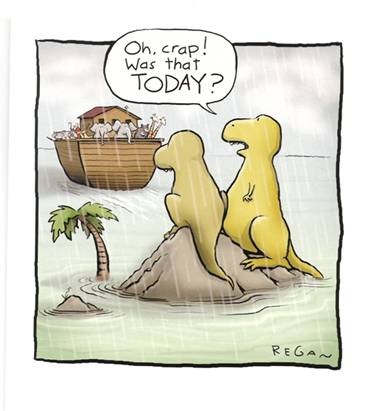Whom do you find virtually intolerable when it comes to faith, politics or any of the other topics which we are often told are not good topics for polite conversation? If you are like most Americans, whoever is on your list, the list is probably growing, as we become increasingly intolerant of each other.
I am sitting on a plane as I write this, flying across the country from my home in New York City to Norman, Oklahoma – actually I am flying to Oklahoma City and then driving the rest of the way. Norman is home of the University of Oklahoma which is home to the Middle Prairie Institute for Religion and Public Life, a multi-faith, interdisciplinary think tank I founded two years ago with OU Professors Barbara and Tom Boyd and the generous support of OU President and former United States Senator, David Boren.
We thought it wise, especially in a time of increasing political polarization and rising animosity between religionists and atheists, to bring a new conversation to what many refer to as the buckle of our nation’s bible belt. As we approach the mid-term elections, it looks like were more right that I wish we had been.
Our group includes fierce believers and ardent secularists, staunch conservatives and hard core liberals. We bring together politicians and public policy analysts, clergy and community activists, academics and industrialists to consider how religion helps and hurts American politics and pubic culture, and hopefully contribute to it doing more of the former and less of the latter. And yes, that includes thinking about when it should play no role at all, no matter how religious some us may be.
And while I have spent years arguing that tolerance is not enough – that we must build a culture which celebrates diversity, which actually recognizes that without it, we all suffer, I am preparing to present the notion that, for now at least, it might be enough to learn to tolerate each other. I am not giving up on the long-term goal of celebrating diversity, but am increasingly convinced of the need to enable people to better tolerate those with whom they disagree.
In fact, over the coming days, we will work together on developing what I call an “ethic of they”, by which I mean a way to respond ethically to those who really are other, who really are so different or disagreeable that they make us genuinely uncomfortable or even fearful. Short of either killing them or pretending that singing Kum-Bah-Yah with them will solve all of our problems with such people, what are we do? That’s where an ethic of they comes in.
Who is your “they”? How do you deal with them? Is “knowing” that they are wrong, as we generally feel about those who are our most serious “theys”, and simply working for their disappearance the way to go?
What would be lost if your “they” really did disappear? Do you ever seek to appreciate why they think/act as they do, or just keep wondering why they are not more like you?
These are the questions which lead to creating an ethic of they – a way of cultivating tolerance in a world which people seem increasingly intolerant of anyone who doesn’t share their beliefs about religion, politics, or pretty much anything else. That is a situation which we should all find intolerable, if for no other reason, than in that kind of world all victories are short-lived, and eventually all people are losers. I’ll let you know how it goes.

